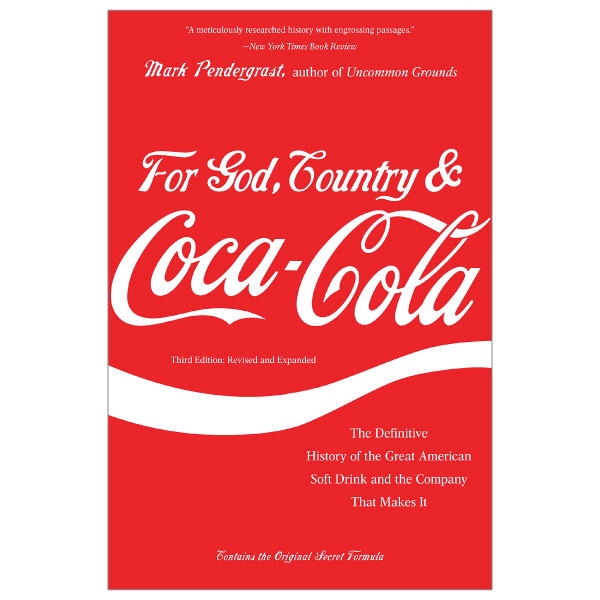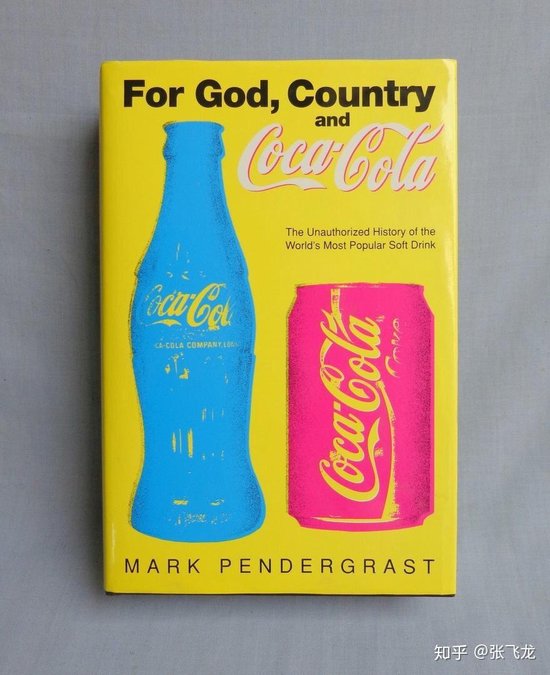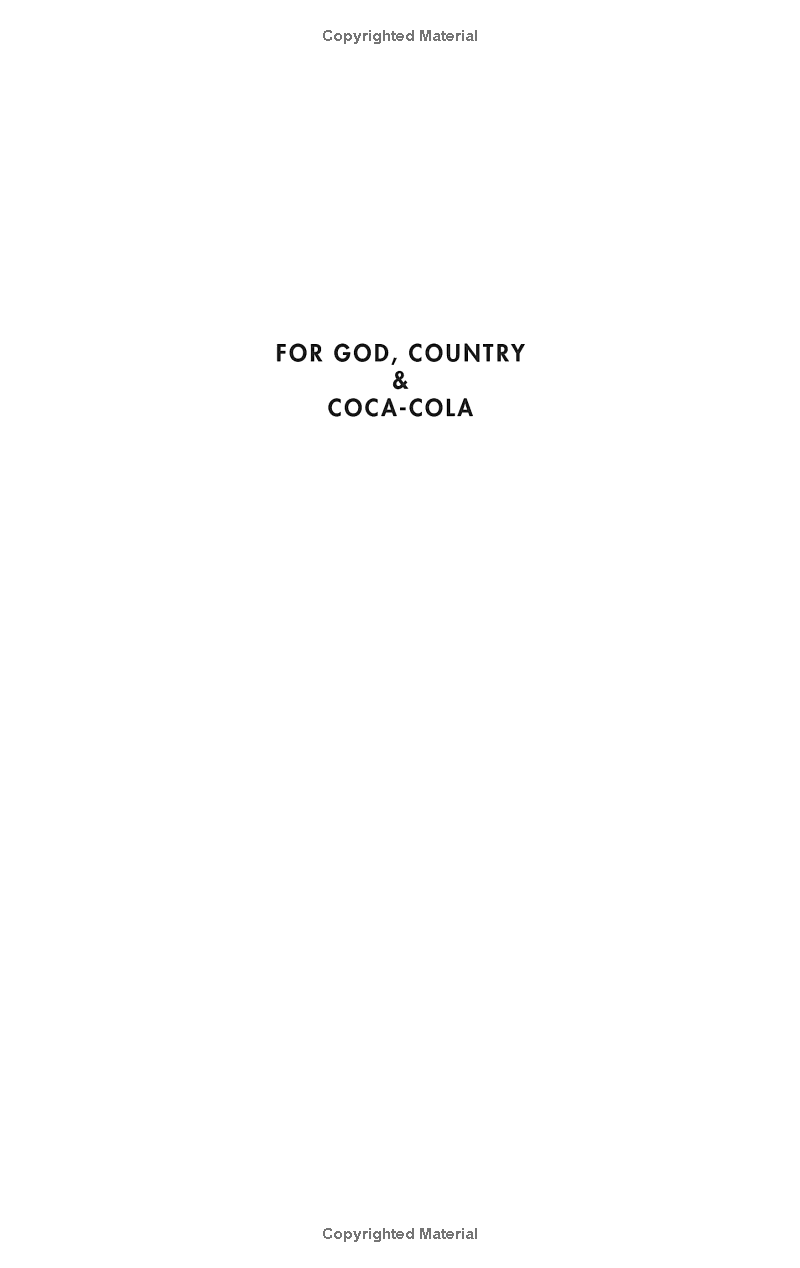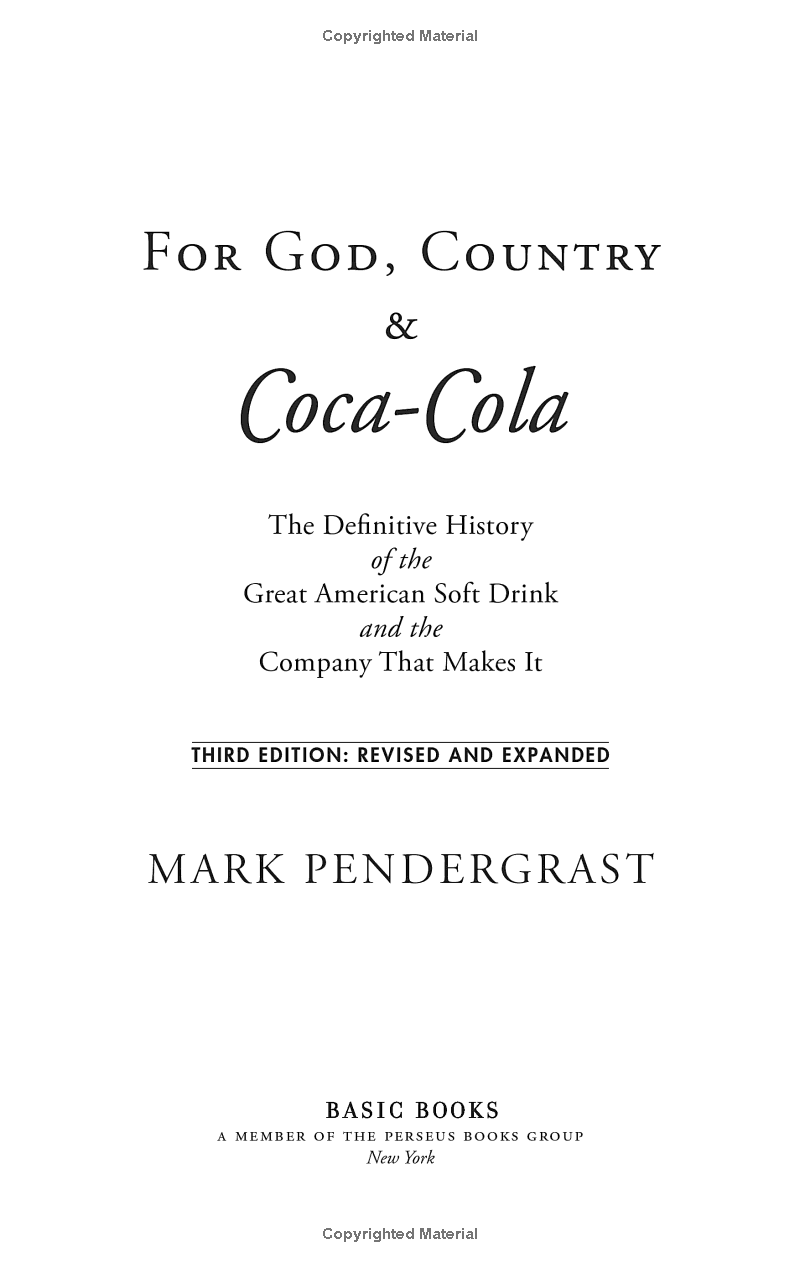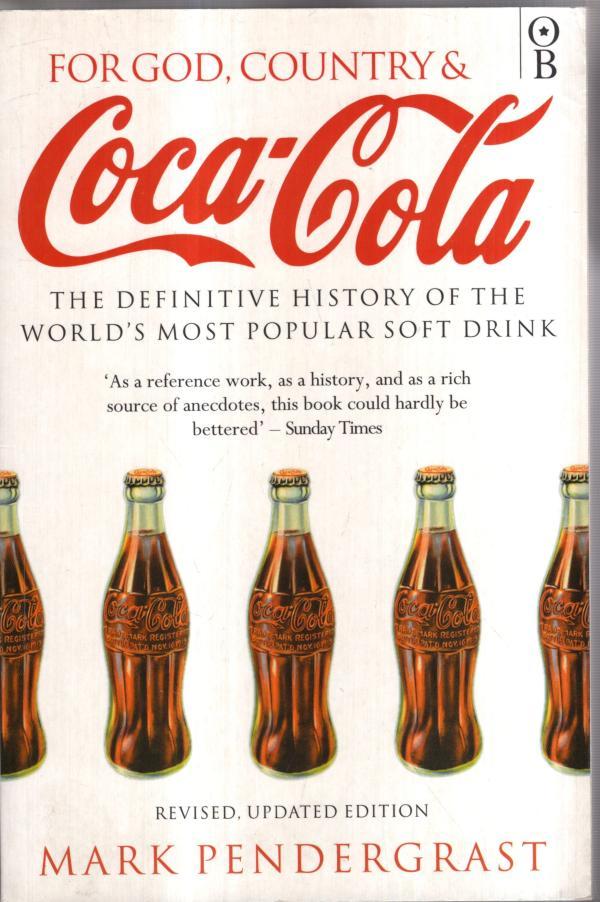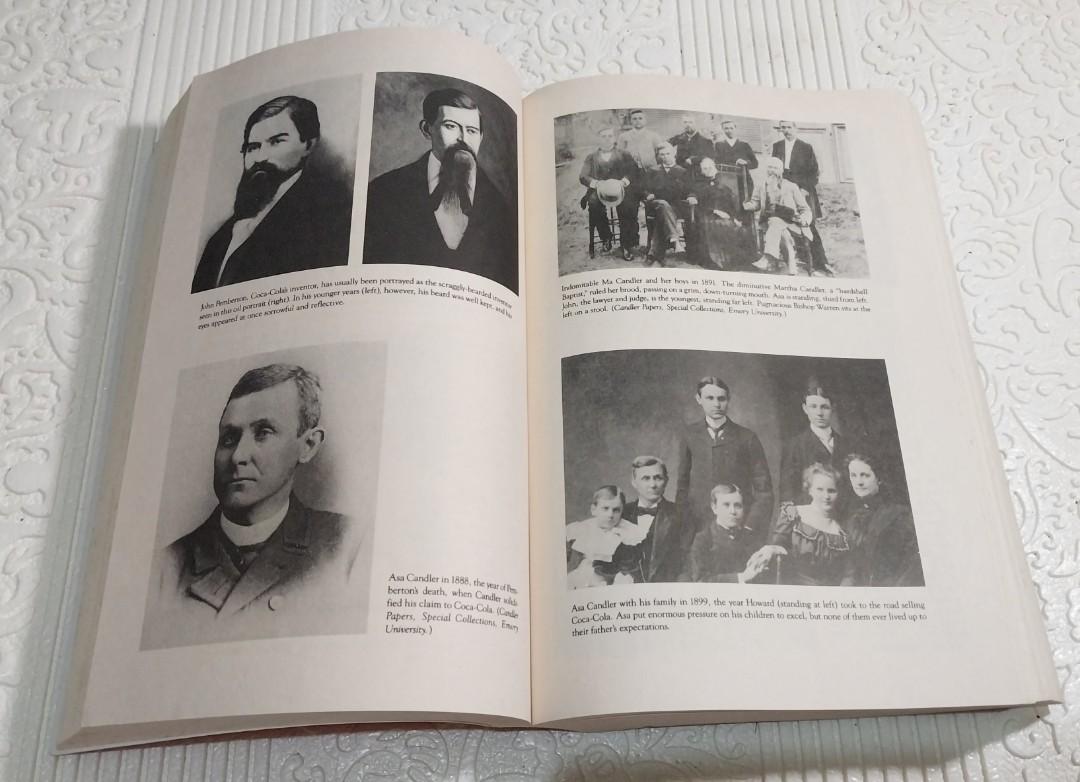For God Country And Coca Cola

The legacy of Coca-Cola, a symbol intertwined with American identity and global capitalism, is undergoing intense scrutiny. From accusations of exploitative labor practices in its supply chains to its aggressive marketing strategies targeting vulnerable populations, the corporation faces mounting challenges to its long-held image as a purveyor of simple refreshment and patriotic values.
This article delves into the complex tapestry of Coca-Cola's impact, examining its historical roots, its economic power, and the ethical dilemmas that increasingly threaten its brand. It explores the criticisms leveled against the company, the efforts it has undertaken to address these concerns, and the future trajectory of a beverage giant navigating a world demanding greater corporate social responsibility.
A History Forged in America
Coca-Cola began in 1886, conceived by pharmacist John Pemberton in Atlanta, Georgia. Initially marketed as a medicinal tonic, it quickly transformed into a beloved soft drink. The company's growth mirrored the rise of American industrial power, solidifying its connection to national identity and the perceived values of freedom and opportunity.
During World War II, Coca-Cola's association with American troops solidified its global presence. The company famously ensured that soldiers could buy a bottle of Coca-Cola for five cents, regardless of location, fostering a sense of home and comfort amidst the hardships of war.
This strategic move cemented Coca-Cola's position not only as a beverage brand, but also as a symbol of American ideals and the promise of prosperity.
Economic Power and Global Reach
Coca-Cola is more than just a drink; it's a global economic powerhouse. The company boasts a vast network of bottling plants, distributors, and retailers, spanning nearly every country on Earth. Its market capitalization places it among the world's most valuable brands, reflecting its enduring appeal and dominant market share.
The economic impact of Coca-Cola's operations extends far beyond its direct employees. It supports millions of livelihoods through its agricultural supply chain, packaging industries, and advertising agencies, showcasing its significant influence on global economies.
However, this economic power also comes with immense responsibility, as criticisms mount regarding the company's labor practices and environmental impact.
Labor Practices and Ethical Concerns
For years, Coca-Cola has faced allegations of exploitative labor practices, particularly in its sugar cane supply chains. Reports have surfaced detailing instances of child labor, unsafe working conditions, and unfair wages in developing countries. These allegations have prompted boycotts and calls for greater transparency and accountability.
The company has responded to these criticisms by implementing supplier codes of conduct and investing in third-party audits. However, critics argue that these measures are insufficient and that Coca-Cola needs to take more decisive action to ensure fair labor standards throughout its entire supply chain.
Additionally, concerns have been raised about the company's impact on water resources in water-stressed regions, where Coca-Cola's bottling plants consume significant amounts of water, potentially exacerbating water scarcity for local communities.
Marketing Tactics and Public Health
Coca-Cola's marketing strategies have also come under fire, particularly regarding the targeting of children and low-income communities. Critics argue that the company's advertising promotes the overconsumption of sugary drinks, contributing to rising rates of obesity, diabetes, and other health problems. Public health advocates have called for stricter regulations on the marketing of sugary beverages, especially to vulnerable populations.
Coca-Cola maintains that it promotes responsible consumption and offers a variety of low- and no-sugar options. The company has also invested in initiatives aimed at promoting physical activity and healthy lifestyles. However, skeptics remain unconvinced, arguing that these efforts are merely public relations maneuvers designed to deflect criticism.
The debate over Coca-Cola's marketing tactics highlights the tension between corporate profits and public health, forcing the company to navigate a complex ethical landscape.
The Path Forward: Sustainability and Social Responsibility
Facing mounting pressure from consumers, advocacy groups, and governments, Coca-Cola is increasingly focusing on sustainability and social responsibility. The company has set ambitious goals for reducing its carbon footprint, conserving water, and improving the lives of its workers and communities.
Coca-Cola has pledged to use more sustainable packaging materials, reduce its water usage in manufacturing, and empower women entrepreneurs throughout its supply chain. These initiatives represent a significant shift in the company's approach to business, reflecting a growing recognition of the importance of environmental and social sustainability.
However, the true test of Coca-Cola's commitment will be its ability to translate these pledges into concrete actions and measurable results. Transparency and accountability will be crucial in building trust with consumers and stakeholders who are increasingly demanding that corporations prioritize purpose over profit.
Conclusion
The story of Coca-Cola is a complex one, interwoven with the history of America, the rise of global capitalism, and the evolving expectations of corporate social responsibility. While the brand remains an icon, its future success hinges on its ability to address the ethical and environmental challenges that threaten its long-term viability. Only time will tell if Coca-Cola can truly reinvent itself for a world demanding more than just a refreshing beverage.
The company must navigate the delicate balance between profit and purpose, demonstrating a genuine commitment to sustainability, fair labor practices, and responsible marketing. The world is watching, and the stakes are high.
![For God Country And Coca Cola [+]The best book of the month For God, Country and Coca-Cola: The](https://www.yumpu.com/en/image/facebook/61308794.jpg)

